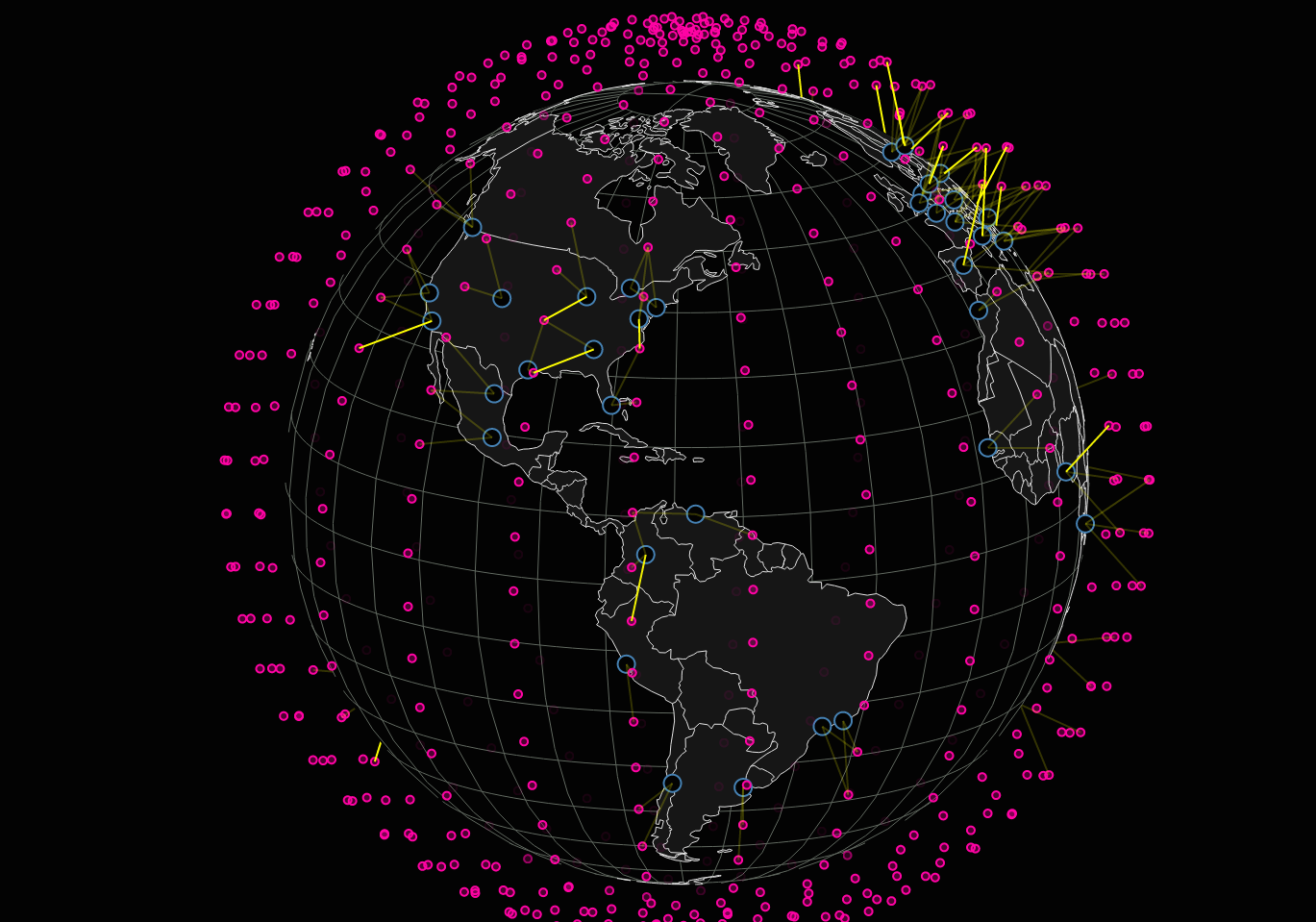Elon Musk is developing a plan to distribute the world’s fourth-most important commodity – after food, water, and shelter – to all corners of the globe.
Yes, the Internet could soon be as omnipresent as air.
Musk’s aerospace transport and manufacturing company, SpaceX, has officially requested permission to launch a constellation of 4,000 satellites into orbit, which would be capable of broadcasting internet to the most remote regions of our planet. The request was made to the Federal Communications Commission; if approved, tests could begin as early as next year with a potential project launch within five years.

It’s a major leap in the internet space race – Google is working on a similar, albeit inferior plan called Project Loon, and Facebook is set to test internet-beaming drones – but the purpose is more altruistic than just one-upping competing tech giants.
Elon Musk said a project of this magnitude will “be a real enabler for people in poorer regions of the world” when he first outlined his vision in a speech earlier this year.
Many studies have shown that having online access is a critical component to solving many local cultural, political, and economic problems in the developing and Third World, and that internet-fuelled work could potentially inject billions of dollars into cash-strapped economies.
Musk is also on a mission to improve the internet situation in the United States, “where people are stuck with Time Warner or Comcast.”
Now that is humanitarian.


